EICR Test: Ensuring the Safety of Your Electrical Installations
An EICR test, or Electrical Installation Condition Report test, is a comprehensive inspection of the electrical installations in a property. It’s a crucial process for ensuring the safety of both homeowners and landlords. This guide will explain what an eicr test involves, why it’s important, and what you can expect during the inspection.
During an eicr test, a qualified and registered electrician will thoroughly examine the electrical system. This includes checking wiring, sockets, light fittings, and the consumer unit (fuse box). The electrician will perform visual inspections to identify any damage or wear and tear, and conduct electrical testing to uncover hidden faults. These tests may include checking the continuity of circuits, insulation resistance, and the effectiveness of safety devices like RCDs (Residual Current Devices). The eicr test aims to identify any potential electrical hazards that could lead to electric shocks or fires, and to verify compliance with current safety regulations (BS 7671).
The EICR test results in a detailed report outlining the condition of the electrical installation. This report will categorize any issues found, using classification codes to indicate the severity of the problem and any required remedial work. For landlords in the UK, an eicr test is a legal requirement, ensuring the safety of tenants. Homeowners, while not legally obligated with the same frequency, are strongly advised to have an eicr test carried out regularly to ensure their home’s electrical safety.
An eicr test typically involves both visual and electrical assessments. The electrician will look for any visible signs of damage, such as broken sockets or frayed wires. They will then use specialized equipment to test the electrical circuits, checking for faults that might not be visible to the naked eye. This process helps to identify potential problems before they become dangerous or costly to repair. The duration of an eicr test can vary depending on the size and complexity of the property, but it generally takes a few hours to complete.
Regular eicr tests are essential for maintaining electrical safety. They help to prevent electrical accidents, ensure compliance with regulations, and provide peace of mind. Whether you are a landlord fulfilling your legal obligations or a homeowner prioritizing safety, an eicr test is a crucial step in protecting your property and its occupants. You can find more information and book your eicr test by visiting EICR Test Services.

Fire Risk Assessment

Gas Safety Certificate
Gas Safety Certificate – Domestic – Meter & Upto 2 appliances
£57.99 Book NowGas Safety Certificate – Domestic – Meter & Upto 4 appliances
£77.99 Book NowCarbon Monoxide Alarm
£80 Book NowGas Safety Certificate – Domestic – “Discounted Offer” Boiler Service + Gas Certificate & 2 appliances
£89.99 Book NowGas Safety Certificate – Commercial – 1 appliance
£199 Book NowGas Safety Certificate – Commercial – 2 appliances
£245 Book NowGas Safety Certificate – Commercial – Boiler Service
£280 Book Now

Electric Safety
Studio Appartments Electrical Safety Certificate (EICR)
£65 Book NowPAT Testing Up To 10 Items
£58 Book NowDomestic Electrical Safety Certificate EICR 1 – 3 Bedroom – 1 Consumer Unit Up to 12 Circuits
£99 Book NowDomestic Electrical Safety Certificate EICR 4 Bedrooms – 1 Consumer Unit Up to 12 Circuits
£120 Book NowCommercial Electrical Certificate (EICR) – 1 Consumer Unit Up to 12 Circuits
£149 Book NowDomestic Electrical Safety Certificate EICR 5 Bedrooms – 1 Consumer Unit Up to 12 Circuits
£150 Book NowDomestic Electrical Safety Certificate EICR 6 Bedrooms – 1 Consumer Unit Up to 12 Circuits
£158.33 Book NowFuse Box Installation
£415.83 Book Now

Energy Performance

Inventory Services

Asbestos Surveys

Electric-Gas Appliances & Hob Installations

Talk To Us!
Get in touch if you're uncertain or need assistance ?
020 8609 7777
Talk to a Friendly Advisor
Accreditations

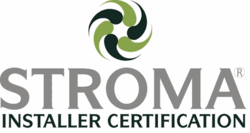

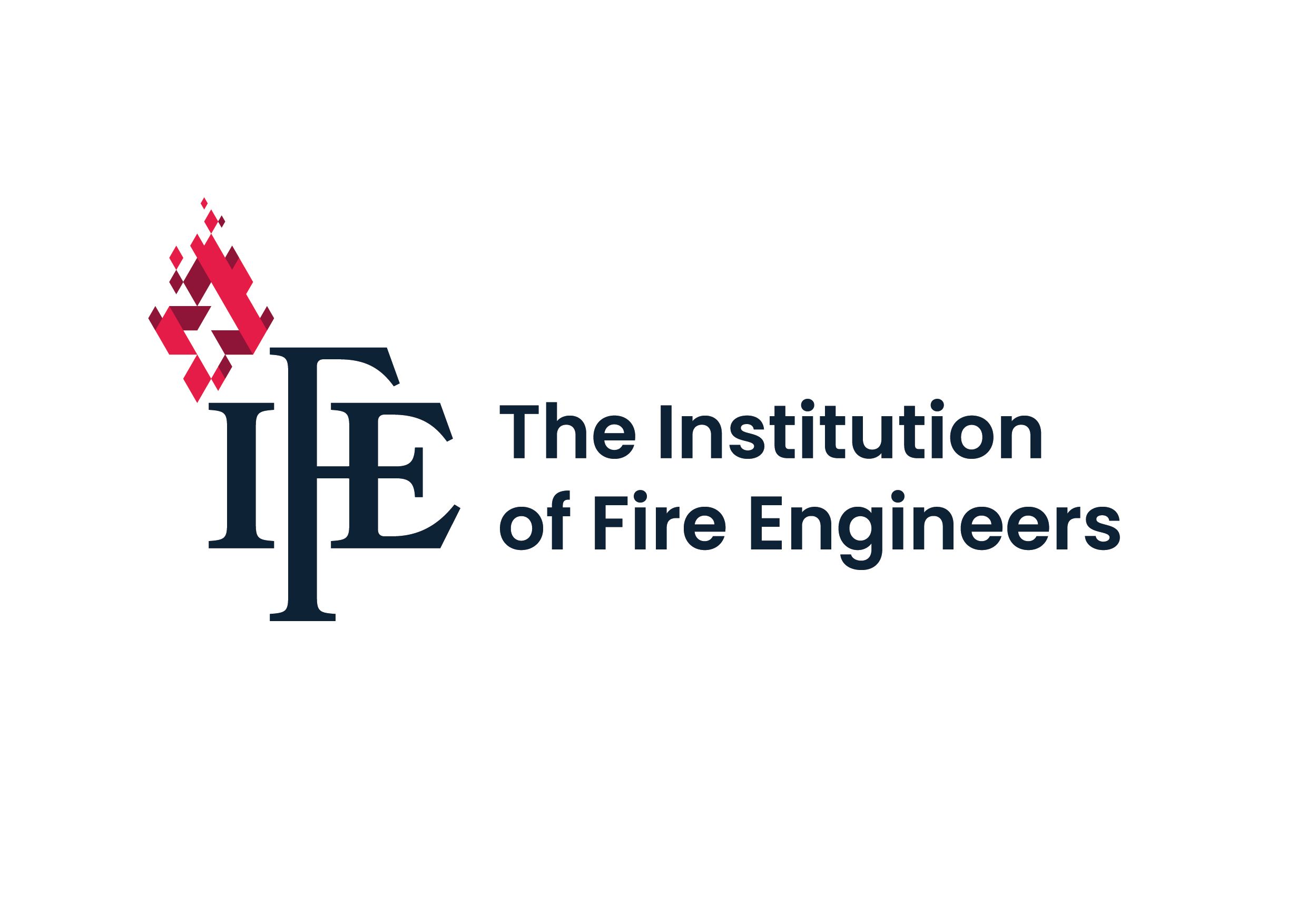
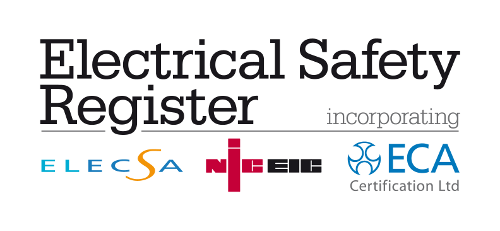
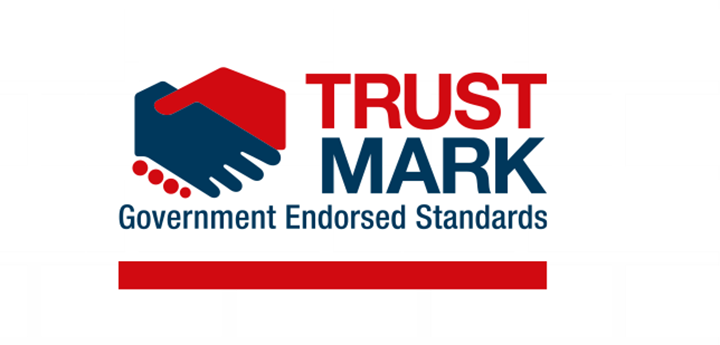
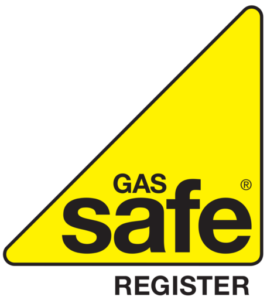
Help & Advice
-
Understanding PEEPs in Residential Settings What Landlords and Housing Providers Must Know
In the wake of the Grenfell Tower tragedy, the UK government has introduced stricter fire safety responsibilities for those managing residential buildings. One of the most significant changes is the
-
EPC 2025 Rule Changes – What UK Landlords Must Know
In the push toward a greener and more energy-efficient Britain, the UK Government has proposed major changes to Energy Performance Certificate (EPC) rules that will significantly impact landlords. From 2025,
-
Commercial Gas Safety Certificate London Expert Guide for Business Properties
For commercial property owners and landlords in London, obtaining a valid commercial gas safety certificate is both a legal obligation and a critical safety measure. Unlike domestic properties, commercial premises often have
-
Gas and Electric Safety Checks A Landlord’s Legal Guide.
As a London landlord, maintaining proper gas and electric safety checks is not optional—it's a legal requirement that protects your tenants and your property investment. Under UK law, you must
-
Portable Appliance Testing Certificate for Rental Properties
A Portable Appliance Testing (PAT) certificate is a document that confirms electrical appliances in a rental property have been tested for safety. While not a legal requirement for private landlords
-
 Understanding PEEPs in Residential Settings What Landlords and Housing Providers Must Know
Understanding PEEPs in Residential Settings What Landlords and Housing Providers Must Know
-
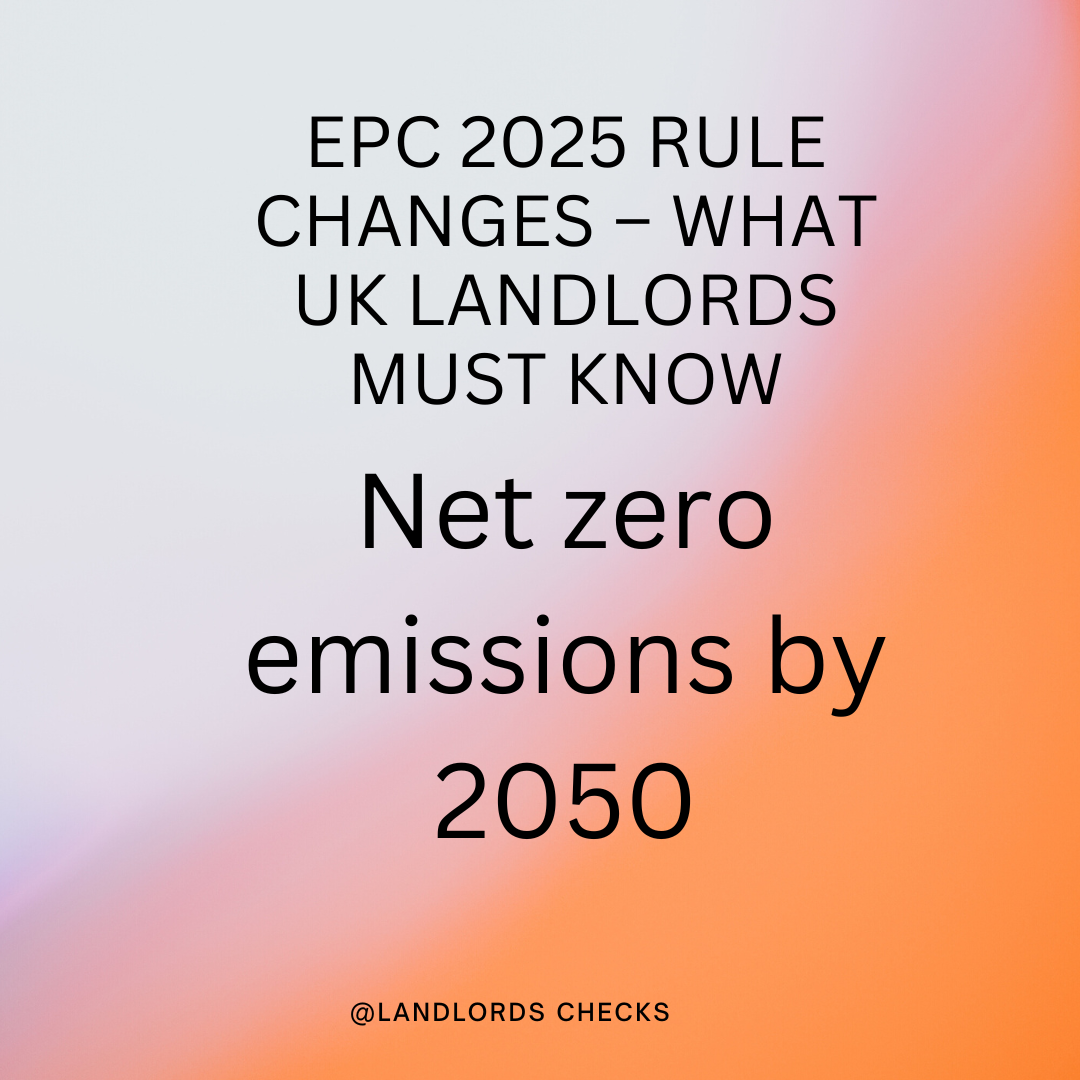 EPC 2025 Rule Changes – What UK Landlords Must Know
EPC 2025 Rule Changes – What UK Landlords Must Know
-
 Commercial Gas Safety Certificate London Expert Guide for Business Properties
Commercial Gas Safety Certificate London Expert Guide for Business Properties
-
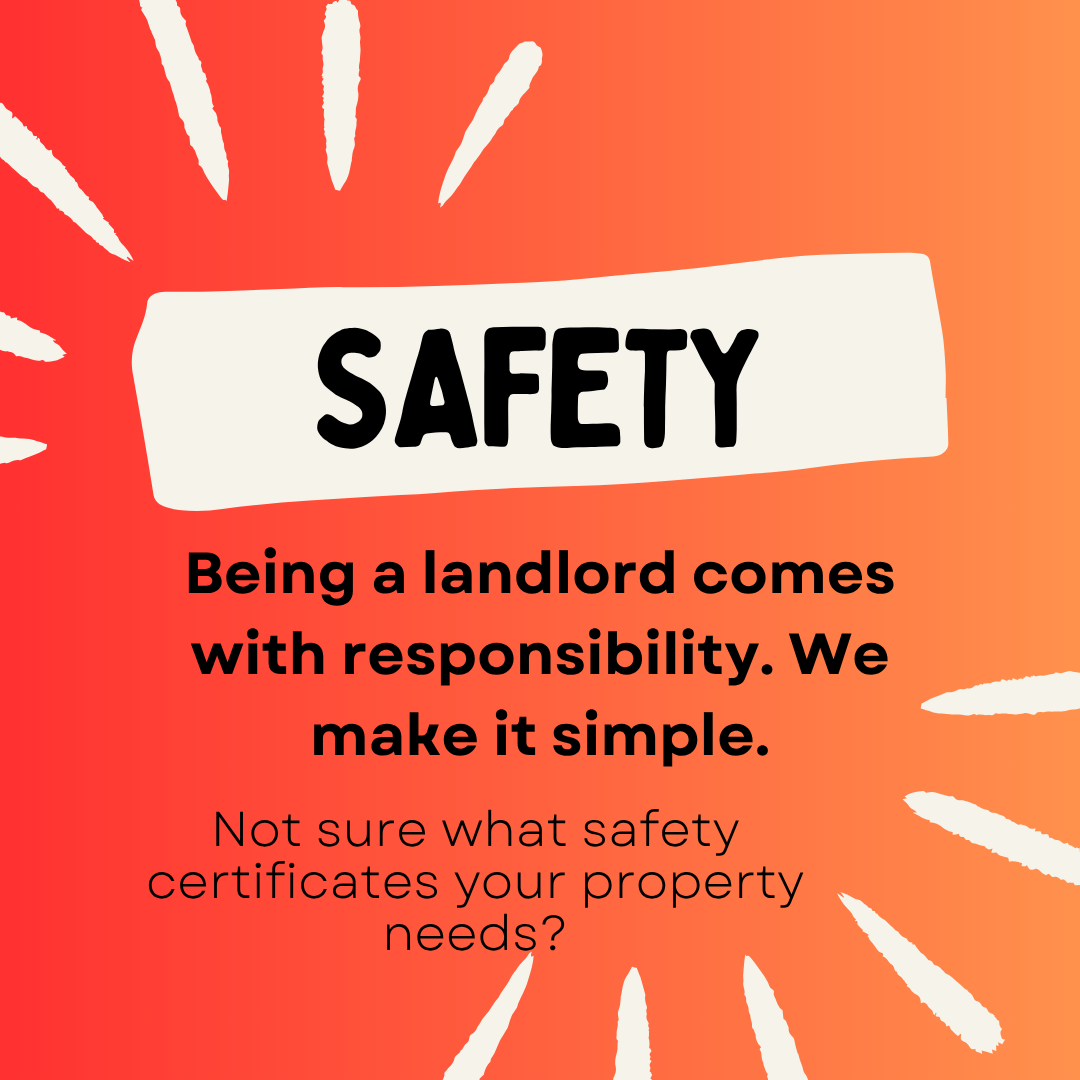 Gas and Electric Safety Checks A Landlord’s Legal Guide.
Gas and Electric Safety Checks A Landlord’s Legal Guide.
-
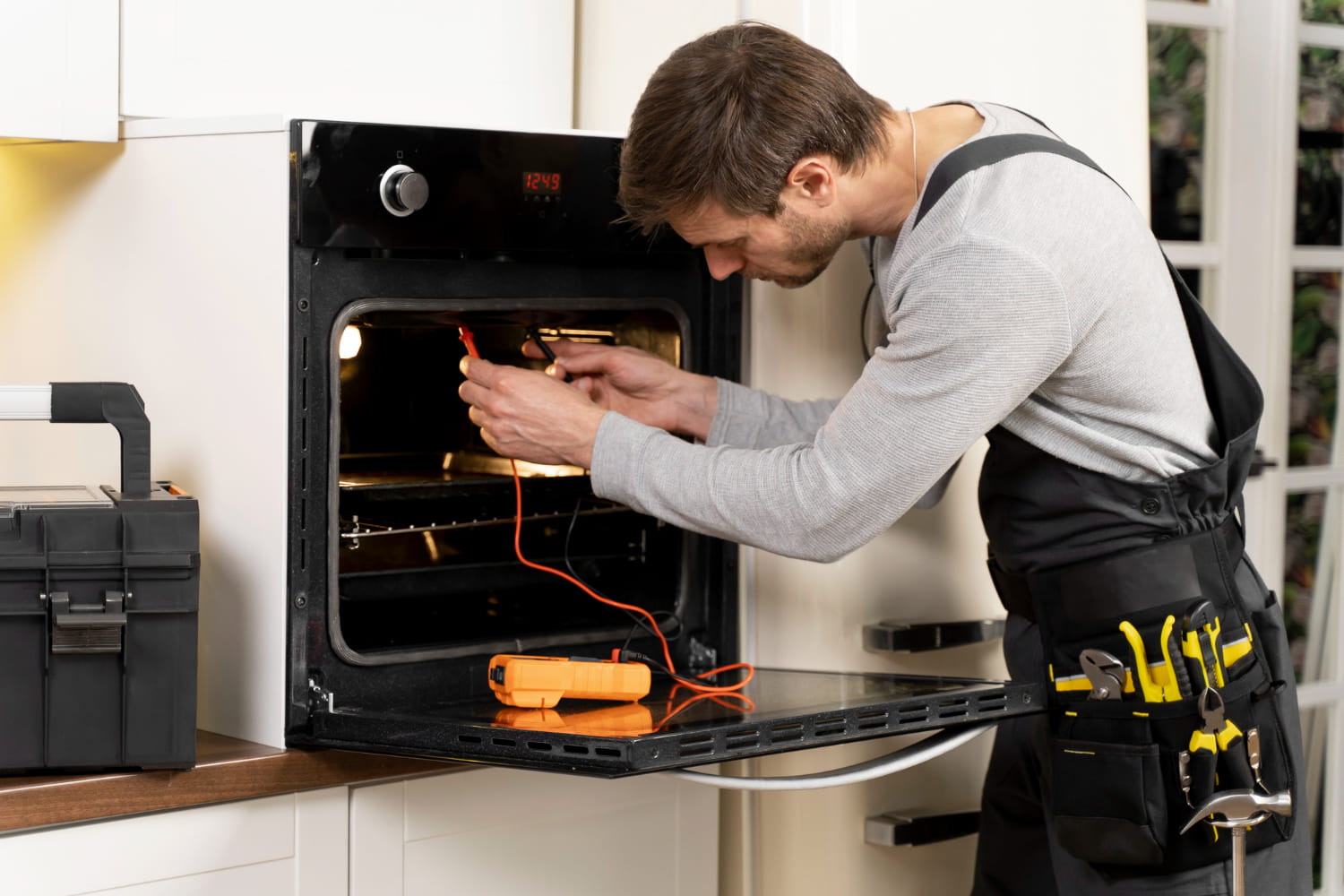 Portable Appliance Testing Certificate for Rental Properties
Portable Appliance Testing Certificate for Rental Properties



